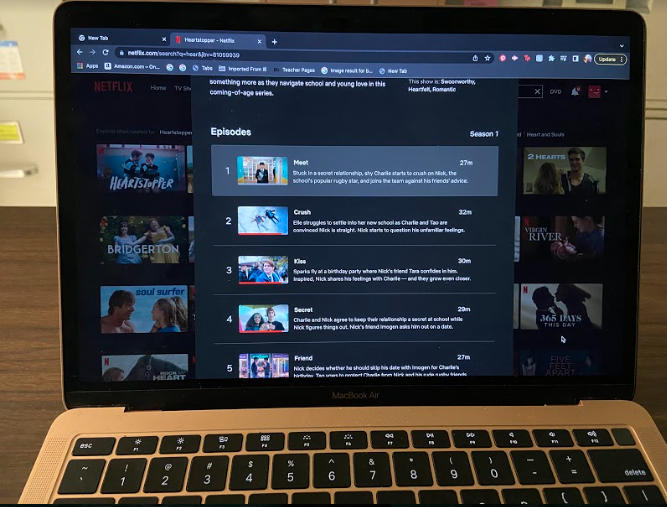For years, pop culture has been flooded with celebrities and online personalities making their living off of marketing their personalities. They brand their lives, package it and sell it to the public.
Merchandise, TV shows, YouTube and social media: outlets to expand their branding. This constant stream of promoting their lives as businesses trickles down to younger generations.
Roaming around the hallways at school you pick up similar tongues, fashion choices and fads that every person seems to adopt. There seems to be a plague spread across the student body of brands and slang — if you do not conform, you will be an outcast.
Within this epidemic is the true concern of teenagers having to sell themselves to society. They embed expectations of themselves into their everyday lives to remain “on-brand.”
The “necessary qualifications” must have to conform to societal norms
that teenagers today put themselves through is directly hurting them. Instead of developing a polite, personable personality, teenagers are conditioning themselves to present commercial personalities. Every conversation is an advertisement and every repeated phrase is a slogan.
“I believe it helps us relate to others better and get a sense of who people want to be when you see their carefully crafted Instagram posts that they use to craft a lifestyle they hope other will admire,” senior Emma Hastrup said.
In other words, social media presence allows today’s youth to manipulate their peer’s perception of them, only showing who they want to be. To translate the marketing of their online profile to reality, teenagers develop personal phrases that they repeat or a sense of style they uphold.
“I think they feel pressure to create a persona that’s on social media,” guidance counselor Catherine Hoffman said.
The most troubling aspect of the widespread branding epidemic has been the awareness of the teenagers. Motivation to sell themselves to society is not subconscious or spontaneous.
Youths of this generation, “Generation Z,” purposely build a brand for society to see them as. This action is detrimental to their development, setting a standard of expectations that end up putting pressure on these teens. Higher anxiety rates in today’s generation of teens are proven to stem from the crippling amounts of pressure teenagers force onto themselves.
“… I feel like we all care about physical or representational appearances. We want to look good to keep up a certain reputation of ourselves,” junior Katie Ryan said.
Although it is easy to view the nurturing of the entrepreneurial mindset in the impressionable youth as a stepping stone for society; a means of following through with proactive measures to prepare them for the future, it is overall detrimental. Enforcing the ideas that teenagers need to market themselves to society in order to be accepted is limiting their overall growth.
By using business techniques to sell their personalities, dreams, lives to society teenagers are ripped of the ability to search for who they really are. The brands they create serve as barricades to shield them from the pain of society not accepting them.
With the whirlwind of social acceptance today, it is crucial to remember to take a step back. Getting caught up in the madness of pressures and expectations will only lead to a downfall. It is time to recognize the issues infecting the young generations of today, to show them that embracing who they are will ultimately lead to happier lives than molding their perfect persona for a brand.








